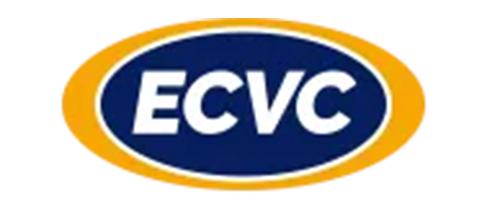
The dreaded exit interview can be pretty daunting.
Change is hard; work changes are even harder. Regardless, there is proper etiquette that should be followed upon an employee’s departure.
Don’t get me wrong, leaving a company can be tricky for both parties, and sometimes the situation is less than ideal. But, the good news is, procedures such as the exit interview can allow everyone to (hopefully) avoid bad blood and it certainly makes for a smoother transition.
Why Conduct an Exit Interview?
An exit interview can be the perfect opportunity to seek feedback. But not just feedback, genuine feedback. The benefit of an exit interview is that the employee doesn’t have anything to lose. They will likely divulge more information with more honesty because they won’t be nervous about compromising their position in the company.
How can you make the interviewee comfortable enough to share the good and the bad? First, express support for their transition so that they feel that you have good intentions. It is also a good idea to keep the interview confidential and unbiased, so they feel at ease. And finally, the terminated employee’s direct manager shouldn’t be the one conducting the interview. This can be a conflict of interest and place the interviewee in an uncomfortable situation. Consider using a third party for real authentic feedback and to avoid awkward situations.
So, what questions should you really be asking?

Why are you leaving? What could we have done to Retain you?
This one is a bit to the point, and there’s a good chance you already know why someone is choosing to leave their position. So, the more important follow up question is really, “Could anything have changed your mind about leaving?”
Everyone reaches their breaking point at times in their career, but it is important to know, if you, the organization, were the problem in the end. For example, if the issue was money, maybe it could have been changed or maybe not, but it can still give great insight into future salaries and frequency of raises in the company to ask.
Do you feel you had proper management and guidance for success?

This one can get controversial, but keep it casual and unbiased. Aside from the emotional side, make a note of what tangible management tips you can get from their response. This is also an excellent opportunity to leverage their responses and to improve training processes for your new hires.
What did you like and dislike about your position?
While hearing someone talk about parts of their job that they liked and didn’t like can be personal to the individual, it might give a good look into what tedious tasks can be automated. We’ve all been stuck handling tasks that don’t fit our description and make it harder for us to accomplish our core objectives. Perhaps, asking this question can improve delegation and make your future role for this person make more sense. You also might get an inside scoop on a compromising work environment.
Did you feel recognized and rewarded for your success?

A great opportunity for some self-reflection (for the bosses)! Did management keep an eye on achievements and wins? Were they voiced and recognized? Workplace recognition has even been found to increase productivity and loyalty to the company, leading to higher retention. This is crucial when leading employees, so while a hard pill to swallow, a great question!
How can we further improve?
Ask for any additional suggestions. This can be an opportunity to ask whether they would promote the organization in the future, or recommend the job to a friend. Another good thing to inquire about is company benefits, perks, and pay packages. These are ultimately things people really value in their jobs and will likely tell you if they see changes that could be made. All in all, just Keep the floor open and tie up any loose ends.
Most importantly, we want to give another gentle reminder to approach exit interviews professionally and with sensitivity. If gone about in the right way, an exit interview is ultimately beneficial for everyone and can only improve the future of your workplace.
Psst: Our newsletters are basically
HR cheat sheets, delivered to
your inbox
Find daily inspiration and get tips for your day
Network with us on LinkedIn
Love tips and the occasional freebie?
Like us on Facebook
On the count of 3,
get ready to
say cheese!
We’re on Instagram
The best 280 characters you’ll ever read
Follow us on Twitter
Watch demos, learn features and much more
Subscribe to our channel









